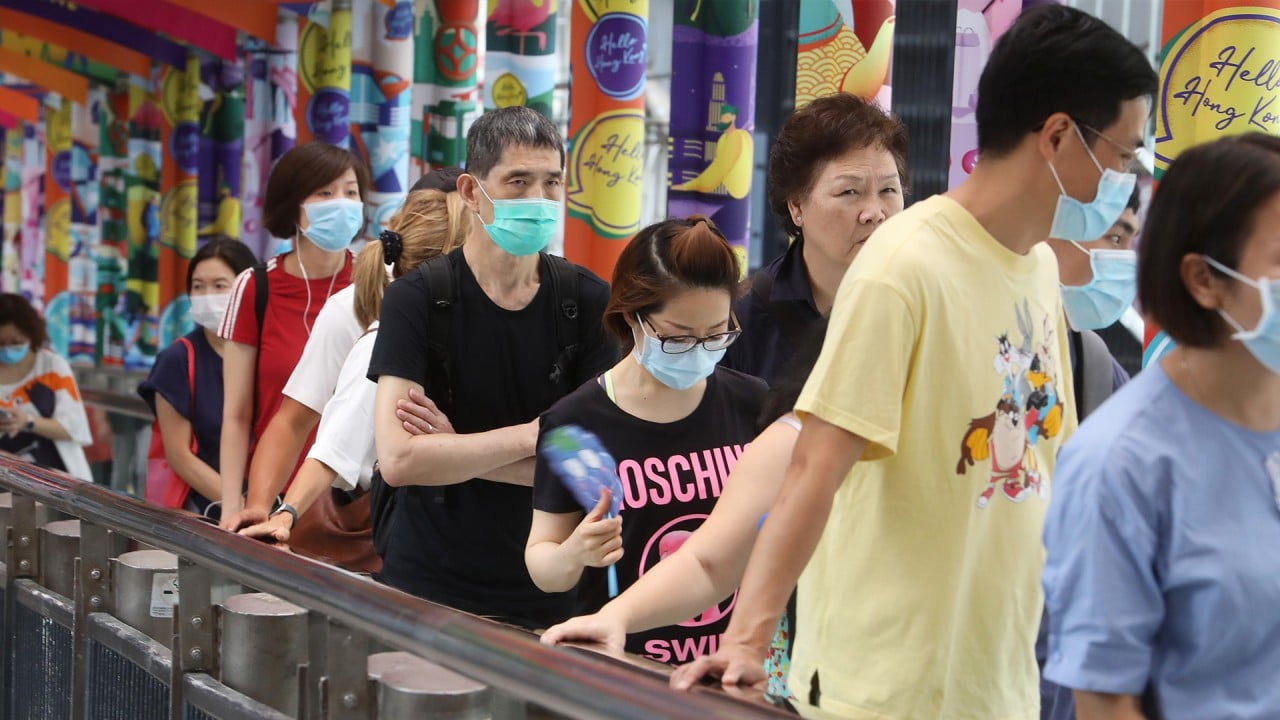
Are coronavirus lockdowns justified given the health, economic and social costs?
- While billions are being pumped into Covid-19 vaccine research, diseases such as tuberculosis and malaria continue to have high mortality rates
- Perhaps, Covid-19 is attracting attention because it largely affects old people in rich countries
I sympathise with governments which must address Covid-19 without devastating other aspects of our lives.
It is natural for experts on viruses to want to be heard at this time, even if they may not actually be able to agree on very much. It is natural for epidemiologists to want to be heard, even though different models of the spread of the virus are often so wide apart that governments have unenviable choices: do you believe A or X, and proceed accordingly? Or do you take a middle path and hope for the best?

03:10
Hong Kong battles third wave of coronavirus infections
Instead, stop, for a moment, thinking about the ravages of Covid-19 and consider tuberculosis. So far, Covid has reportedly killed over 585,000 people worldwide – compared to around 440,000 killed in India alone by tuberculosis every year. The annual global tuberculosis toll is well over a million. Unlike Covid-19, many of them are young people, mostly in poor countries.
Also to be noted about tuberculosis: there is a vaccine called BCG but it is not wholly effective and then mainly for children, hence it is mainly given to children in poor countries where tuberculosis is most prevalent. That vaccine was invented in 1921. Nothing better has emerged since then, other than overall public health standards.

Malaria still kills half a million annually worldwide despite decades of efforts at treatment as well as prevention. The young and pregnant women are particularly at risk. Pneumonia kills about 1.5 million a year, not all elderly even in developed countries, despite vaccines and antibiotics. Dengue affects millions and kills tens of thousands.
Why there’s nowhere for India’s Covid-19 scoreboard to go but up
We need to ask whether attention is focused on Covid-19 because it has mainly impacted old people in rich countries, who are now landing younger generations with gigantic government debt burdens. Children are deprived of education, particularly in poorer countries without widespread access to online learning and where parents might lack the capacity to teach the basics of reading and maths.
More than ever, we must demand to know the net benefit, if any, of lockdowns and border closures after taking all other health, social and other impacts into consideration.

13:44
Life under lockdown: tourist street in Vietnam hit hard by shutdown to stop Covid-19
Elsewhere, alarmist headlines disguise pertinent facts. Take the United Kingdom, which has the highest Covid-19 death rate in Europe according to crude data – 45,000 or 662 per million people. Some people will have died of the disease but not been tested. However, more died with the disease than from it, death being primarily caused by some existing condition.
Lockdowns may have prevented some deaths, such as road accidents, but equally increased others now or in the near future because of huge drops in tests and treatments for other conditions. In the United States, there has been a huge fall in claims for non-coronavirus-related visits and treatments. Sooner or later, those untreated ailments will cause preventable deaths.
As for Covid-19, you can run but you can’t hide. Let’s not fool ourselves.
Philip Bowring is a Hong Kong-based journalist and commentator

